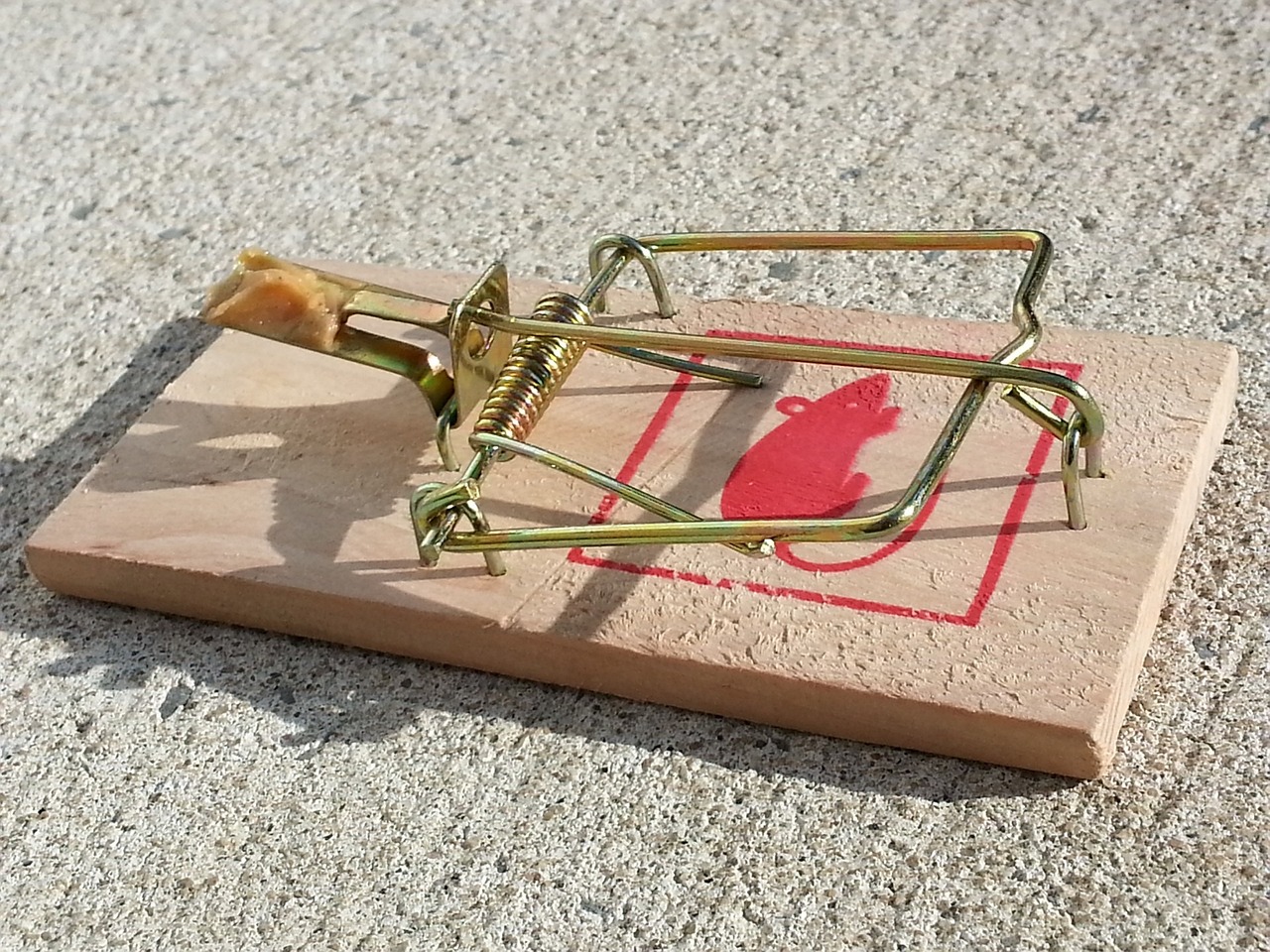Roth IRA conversions can be an appealing way to shift retirement savings from a traditional IRA into a Roth IRA, which offers tax-free growth and withdrawals. In my practice as a Retirement Planner and Investment Manager, I recommend that investors consider doing a Roth Conversions often. However, while there are numerous advantages to Roth conversions, there are also potential pitfalls. It's crucial to understand these challenges before embarking on a Roth conversion journey.
1. Tax Consequences
The most immediate impact of a Roth conversion is the tax bill. When you convert money from a traditional IRA to a Roth, you're required to pay income tax on the amount converted. This is a given, but the appropriate way to frame in the conversation is as though you're taking a Net Worth decrease when you do a Roth Conversion. While you hope to make it up in the future, you must accept that the initial hit to your net worth is immediate.
- Example: If you convert $50,000 and you're in the 24% tax bracket, you could owe $12,000 in federal income tax on the conversion. Said another way, you've reduced your Net Worth by $12,000.
2. Pushing into a Higher Tax Bracket
The amount converted is treated as ordinary income, which can push you into a higher tax bracket for the year.
- Example: If you're nearing the threshold of the next tax bracket and decide to convert a significant IRA balance, this additional income could push you into a higher bracket, leading to a more substantial tax hit than anticipated.
3. Impact on Medicare Premiums
Higher income can also impact your Medicare premiums. The income reported during a Roth conversion could result in higher premiums for Medicare Part B and Part D.
- Example: If your modified adjusted gross income (MAGI) jumps due to a conversion, you might find yourself in a higher income bracket that requires higher monthly premiums for a year.
4. Limited Recharacterization Options
The Tax Cuts and Jobs Act of 2017 eliminated the option to "recharacterize" or undo a Roth conversion. This means if the market drops significantly after you convert, you're stuck with the tax bill based on the higher conversion value.
- Example: If you converted $100,000 to a Roth IRA and soon after, due to market conditions, the value drops to $70,000, you would still owe taxes on the original $100,000 conversion amount.
5. Causing Previously Untaxed Social Security Dollars to Become Taxable
A higher income from a Roth conversion can cause a portion of your Social Security benefits to become taxable when they weren’t before.
- Example: If a Roth conversion pushes your combined income over certain thresholds ($25,000 for individuals or $32,000 for couples filing jointly), up to 85% of your Social Security benefits could become subject to income tax.
6. Causing Previously Untaxed Long-Term Capital Gains to Become Taxable
When you have a higher modified adjusted gross income due to a Roth conversion, it could push your long-term capital gains into a taxable bracket.
- Example: If you're single and your MAGI crosses the $40,000 threshold because of a Roth conversion, you might now owe a 15% tax on your long-term capital gains that were previously tax-free.
7. Missed Required Minimum Distributions (RMDs)
If you're 72 or older, you must first take your RMD from your traditional IRA before converting any additional money to a Roth IRA. Missing this can lead to a 50% penalty on the RMD amount.
- Example: If you're required to take a $10,000 RMD for the year but mistakenly convert your IRA to a Roth without taking the RMD, you could be hit with a $5,000 penalty.
Conclusion
While Roth IRA conversions offer many benefits, they also come with potential pitfalls. It's crucial to work closely with a financial planner or tax professional to ensure you understand the implications and to plan the conversion strategically.




